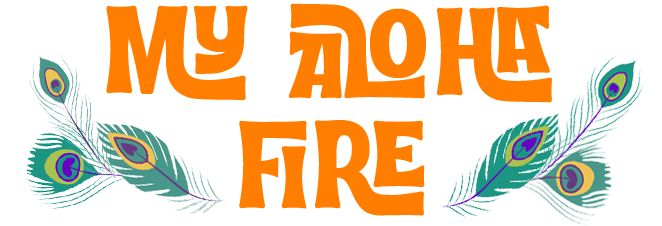Journaling is a simple and effective way to improve yourself and your life. By putting your thoughts and feelings on paper, you gain insight into yourself and your life experiences. Daily journaling can be particularly helpful for self-improvement, as it allows you to reflect on your progress, set intentions, and cultivate gratitude. In this article, we will explore how daily journaling can help you improve yourself and your life.
Gratitude Journaling
Gratitude journaling involves writing down things you are thankful for each day. It is a powerful practice that can shift your focus from what you lack to what you have. It promotes positive emotions and helps you develop a more optimistic outlook on life. Gratitude journaling can also improve your relationships, as you become more aware of the positive impact others have on your life.
To practice gratitude journaling, take 30 minutes each day to write down three to five things you are grateful for. They can be small or large, such as a kind gesture from a friend or a beautiful sunset. The key is to focus on the positive aspects of your life and appreciate them fully.
Intention Setting
Intention setting involves writing down your goals and aspirations for the future. It is a powerful way to clarify your priorities and focus your energy on what matters most to you. Intention setting can also help you stay motivated and committed to achieving your goals.
To practice intention setting, write down your goals and aspirations for the next week, month, or year. Be specific and realistic, and include both short-term and long-term goals. Review your intentions regularly to stay on track and adjust them as necessary.
Reflective Journaling
Reflective journaling involves writing about your thoughts and feelings on a particular topic or experience. It is a powerful way to gain insight into yourself and your life experiences. Reflective journaling can also help you process difficult emotions and find meaning in challenging situations.
To practice reflective journaling, choose a topic or experience that you want to explore. Write about your thoughts and feelings related to the topic or experience, and reflect on what you have learned or gained from it. Use your journal as a safe space to process your emotions and gain clarity on your experiences.
Mindfulness Journaling
Mindfulness journaling involves writing about your experiences in the present moment. It is a powerful way to cultivate mindfulness and awareness of your thoughts and feelings. Mindfulness journaling can also help you develop a more positive and compassionate relationship with yourself.
To practice mindfulness journaling, set aside a few minutes each day to reflect on your experiences in the present moment. Write about what you are feeling, what you are thinking, and what you are experiencing in your body. Use your journal as a tool to cultivate mindfulness and awareness in your daily life.
Conclusion
In conclusion, daily journaling is a powerful tool for self-improvement. It can help you cultivate gratitude, set intentions, reflect on your experiences, and cultivate mindfulness. By practicing journaling daily, you can gain insight into yourself and your life experiences, and make positive changes in your life. Set aside a few minutes each day to journal, and see how it can transform your life for the better.

